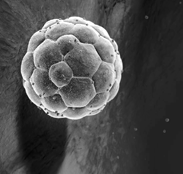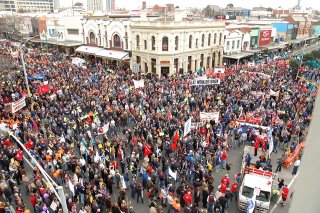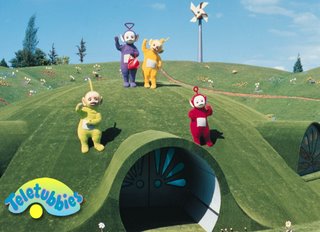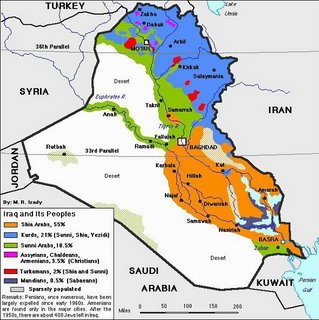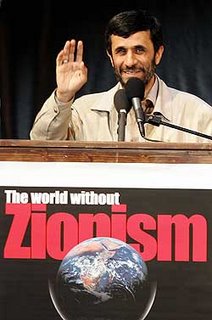
Since this Administration has been formed, we’ve been pushing pretty hard at some controversial issues that both the current political parties seem to avoid. We’re anti-bogans and
Bathurst, pro-nuclear energy, pro-gay, critical of the UN, anti-Howard, anti-monarchy and so on. Check the archive for a full list of our policies to date. We’ve not shrunk from any of these issues and are keen to take strong stances on the most important of issues, without being pigeon-holed as any particular ideology.
With that said, the most controversial topic this week is Stem Cell Research, following the Senate’s decision to overturn the existing ban in a tight (34 – 32) vote. The legislation now has to be passed by the House of Representatives to become law, and the Government has announced that members will be entitled to a conscience vote – free from the obligations of party affiliation. John Howard states his current position as conflicted, and as he is no doubt a keen reader of this Administration’s policies, I thought I would spell it out for him.
Before I get there, I think that this is another issue that will be tainted by religious views, particularly in a conscience vote setting, ignoring the scientific merit of the procedure. How much molecular biology do you think John Anderson has under his belt? How confident are we that Barnaby Joyce knows the difference between a stem cell and, well a head of lettuce?
But I digress; the system is how it is for now, so fingers crossed my message gets across before tomorrows vote. Michael J. Fox, recently campaigning in Missouri for stem cell research expansion (the bill was passed incidentally), summarised my view point best when he said in effect: we have to trust our scientists. The potential for stem cell technology is amazing, though as yet unrealised. It may take decades of research, at the full capacity of our means before a result is achieved – but that result will be truly life changing for millions.
I dismiss the pro-life arguments around this research (that don’t apply for some reason to IVF), and that it is a slippery slope towards human cloning and egg farming. This is not an abortion issue, it’s one of science and society. Every day, our researchers tread the line between right and wrong when they grow all types of human cells from tissue, conduct drug trials on humans, and experiment with animals. The ethical requirements surrounding these undertakings are stringent and clear. There is no reason to expect that the same high standards would not be met for stem cells.
In summary, my dear PM, you have a chance here to provide hope for the majority of your citizens - that know someone with Parkinson’s, Alzheimer's or with a spinal chord injury. Don’t let this be another issue over-run by the Pro-life lobby or by the religious right. Give your scientists the tools to make a difference, and expect of them the same strict ethical oversight that they have demonstrated for generations.





